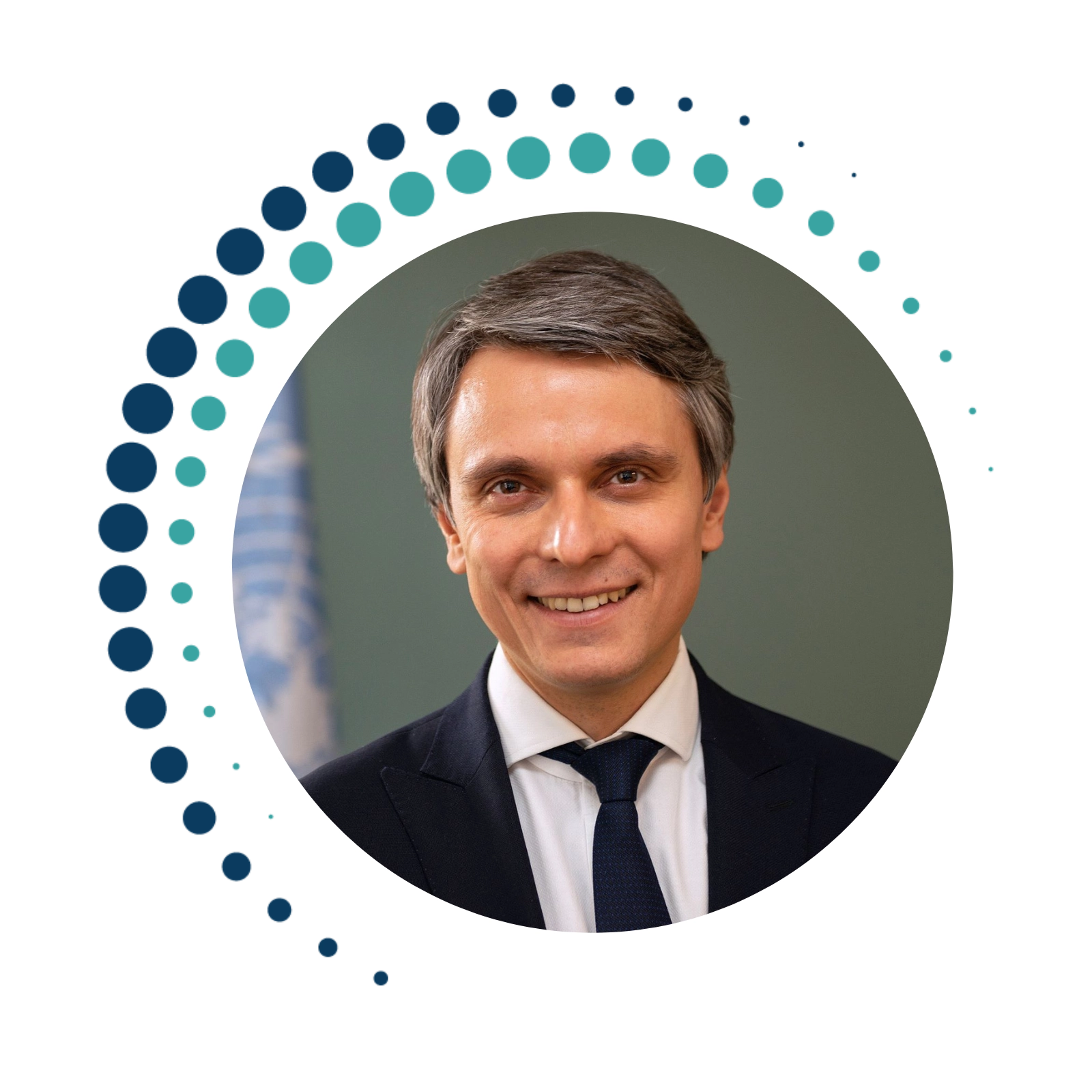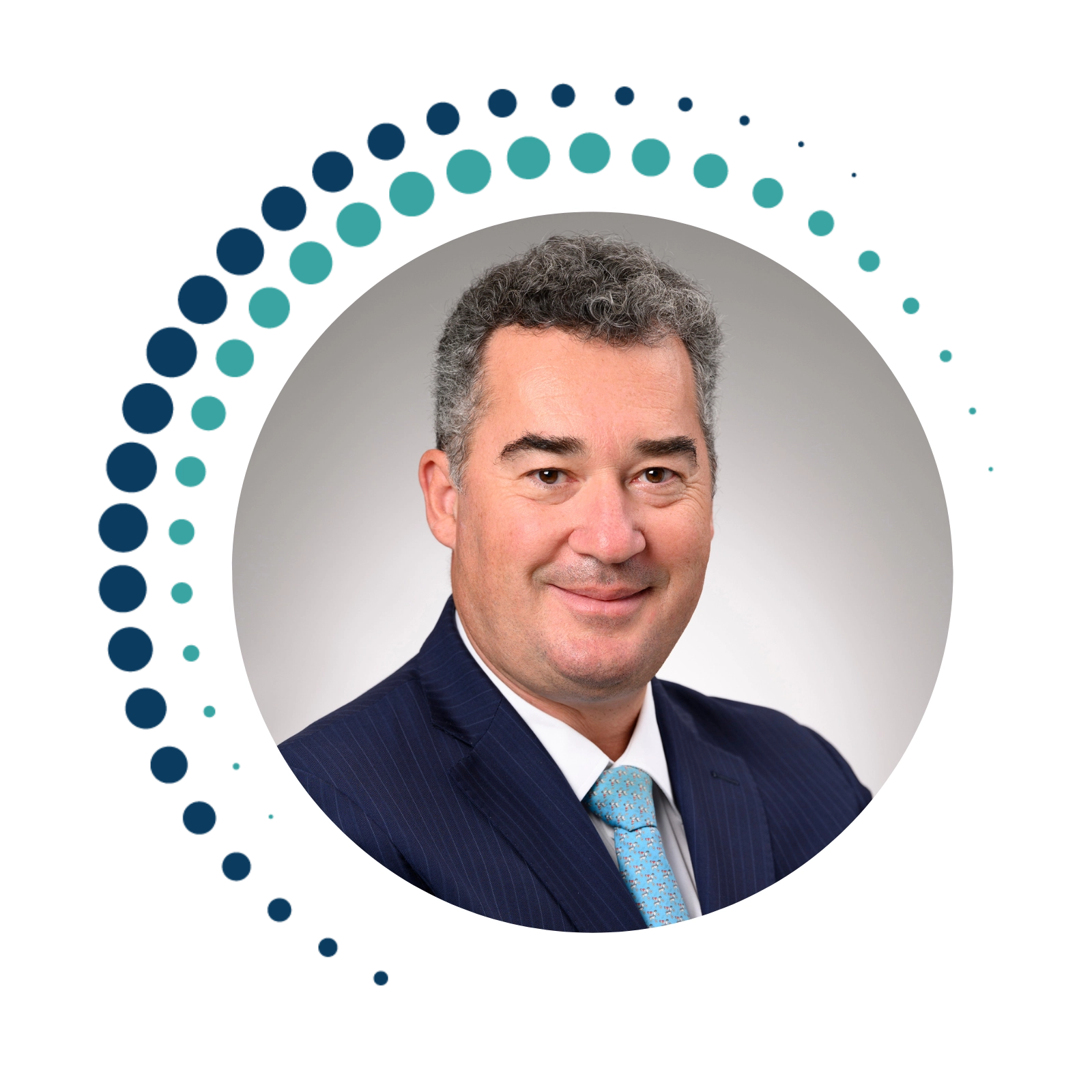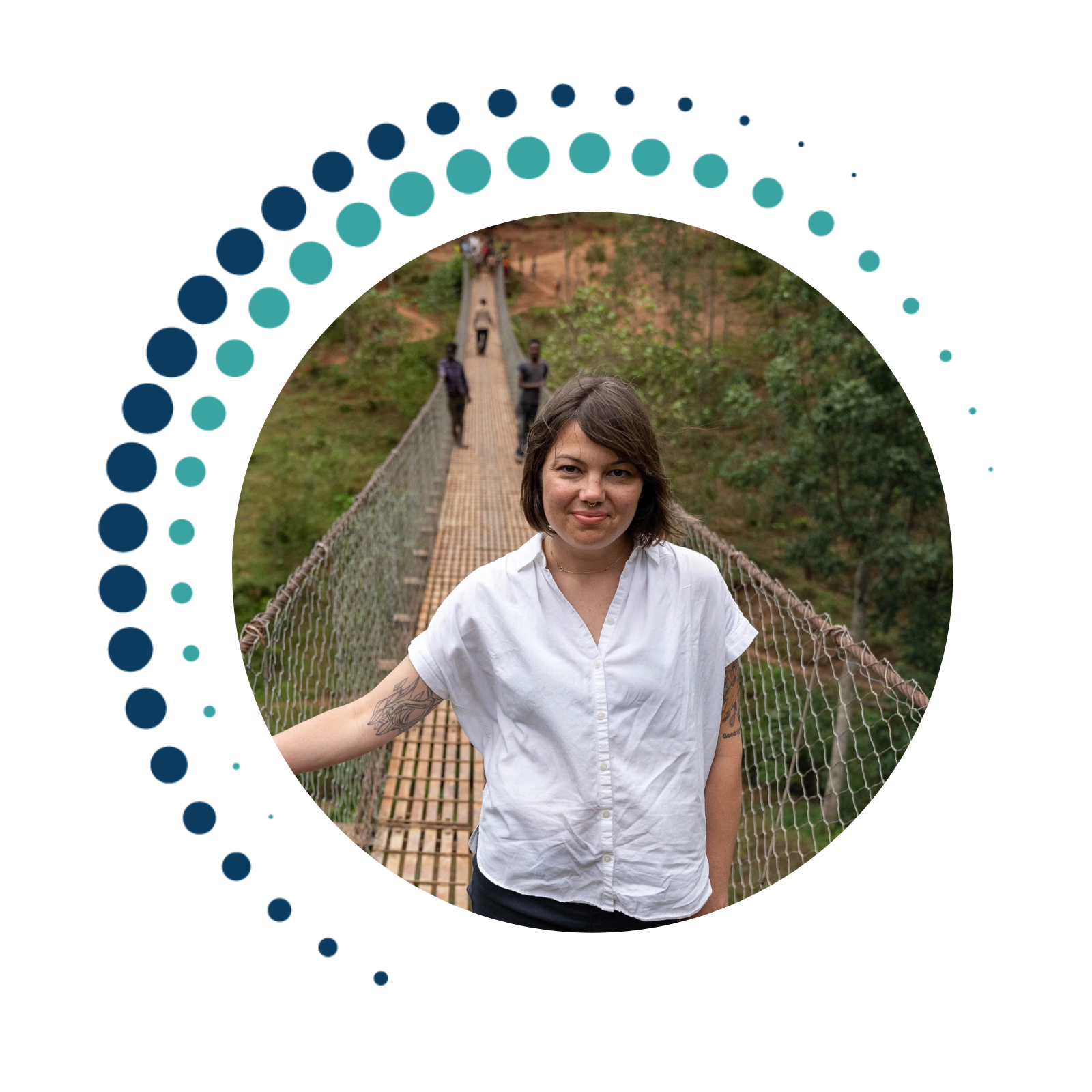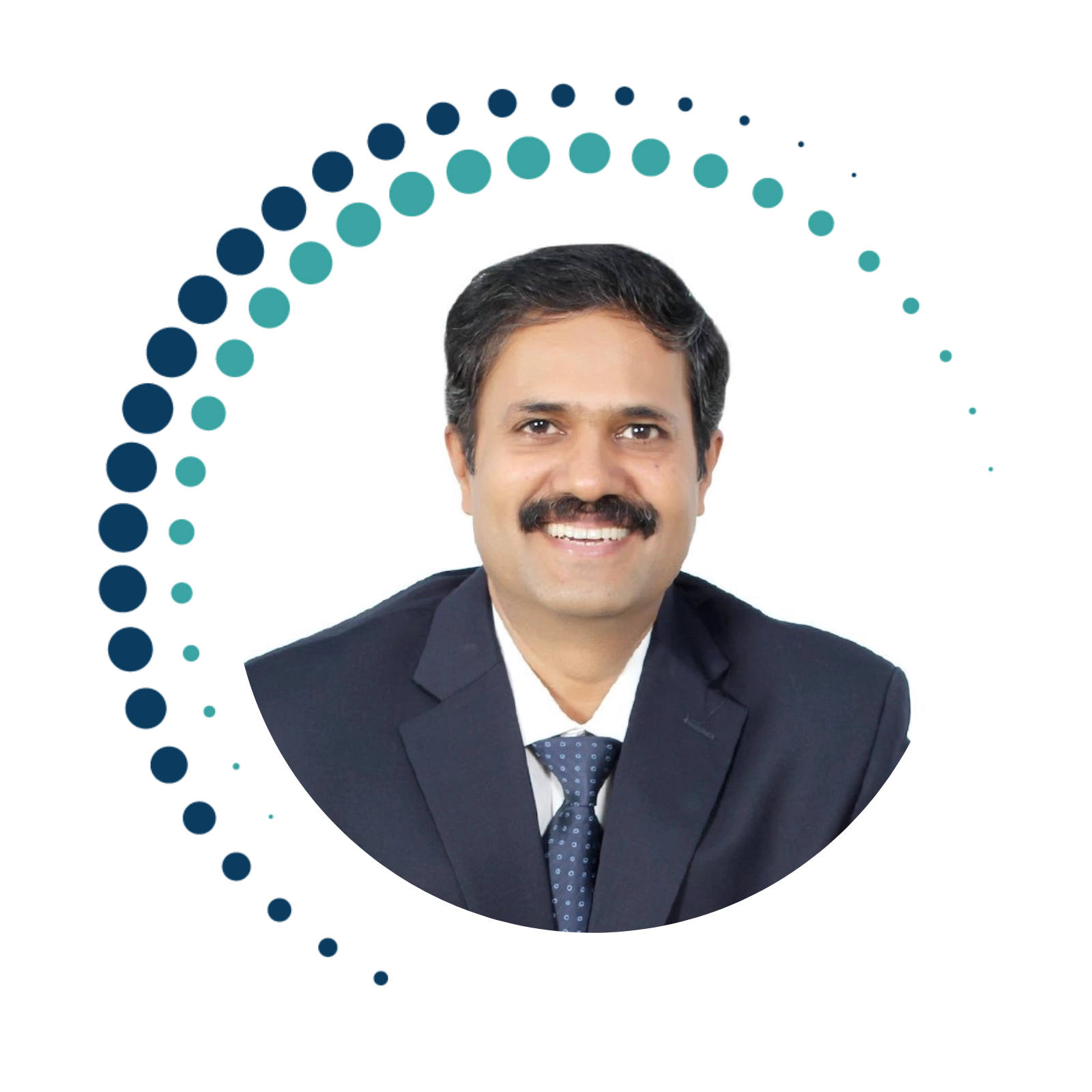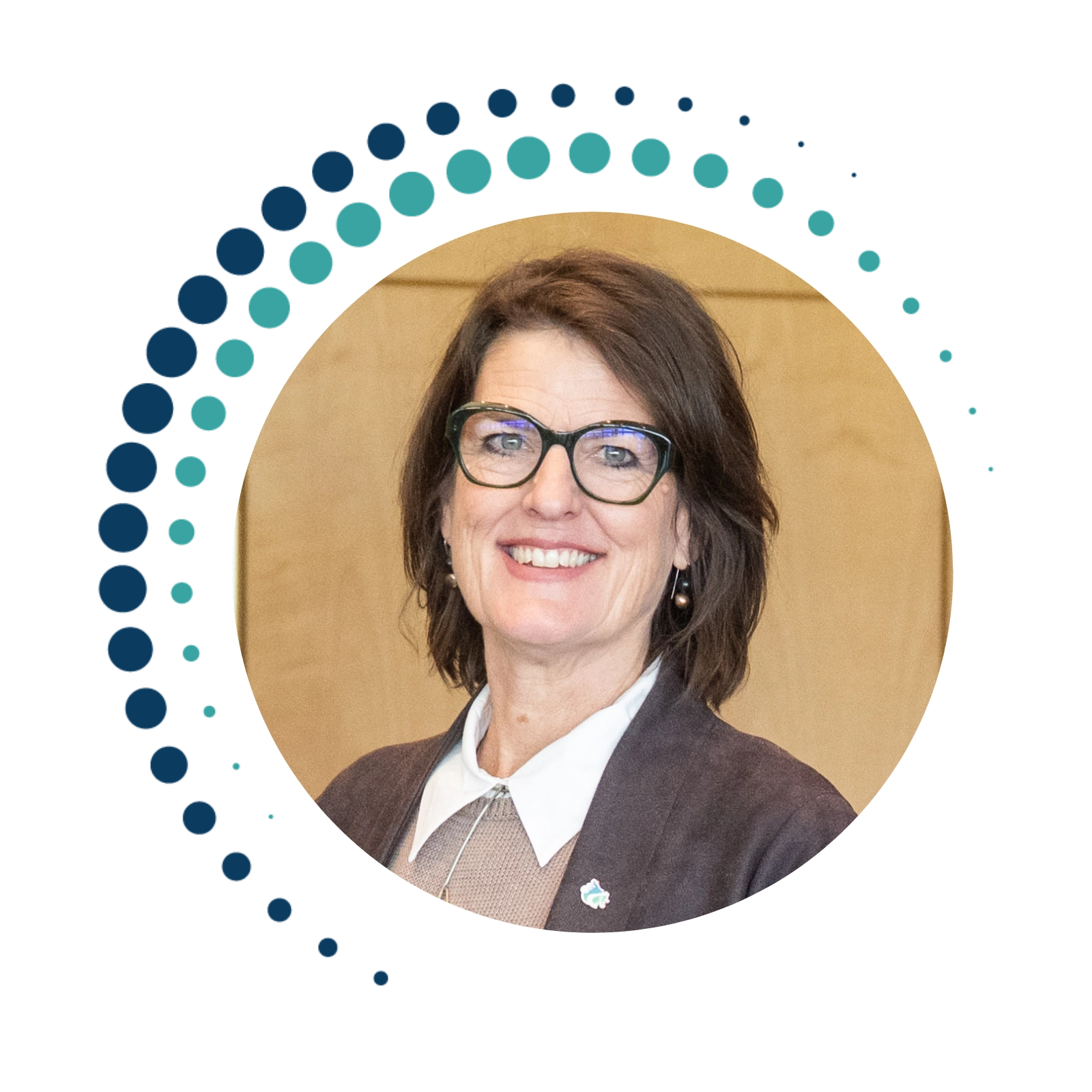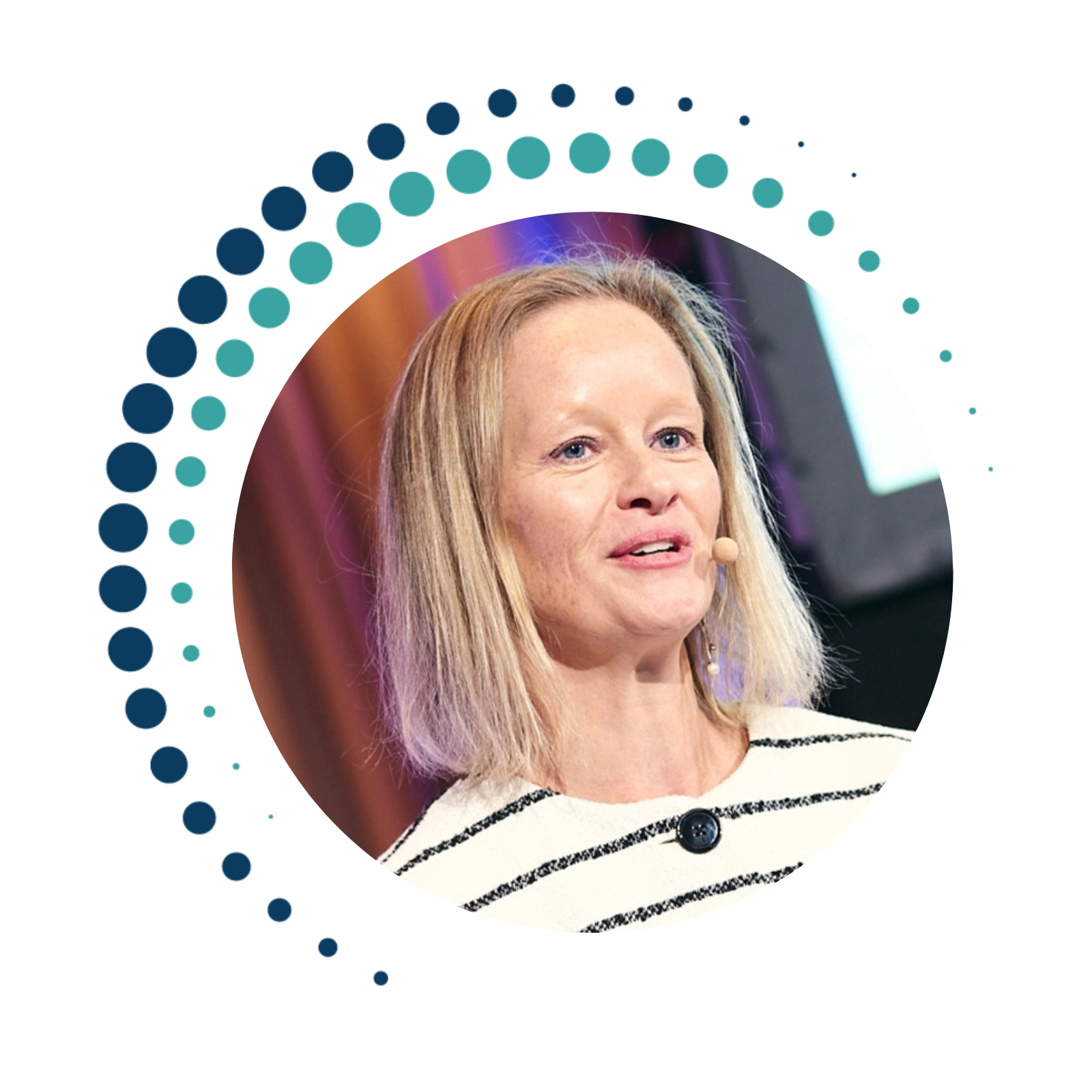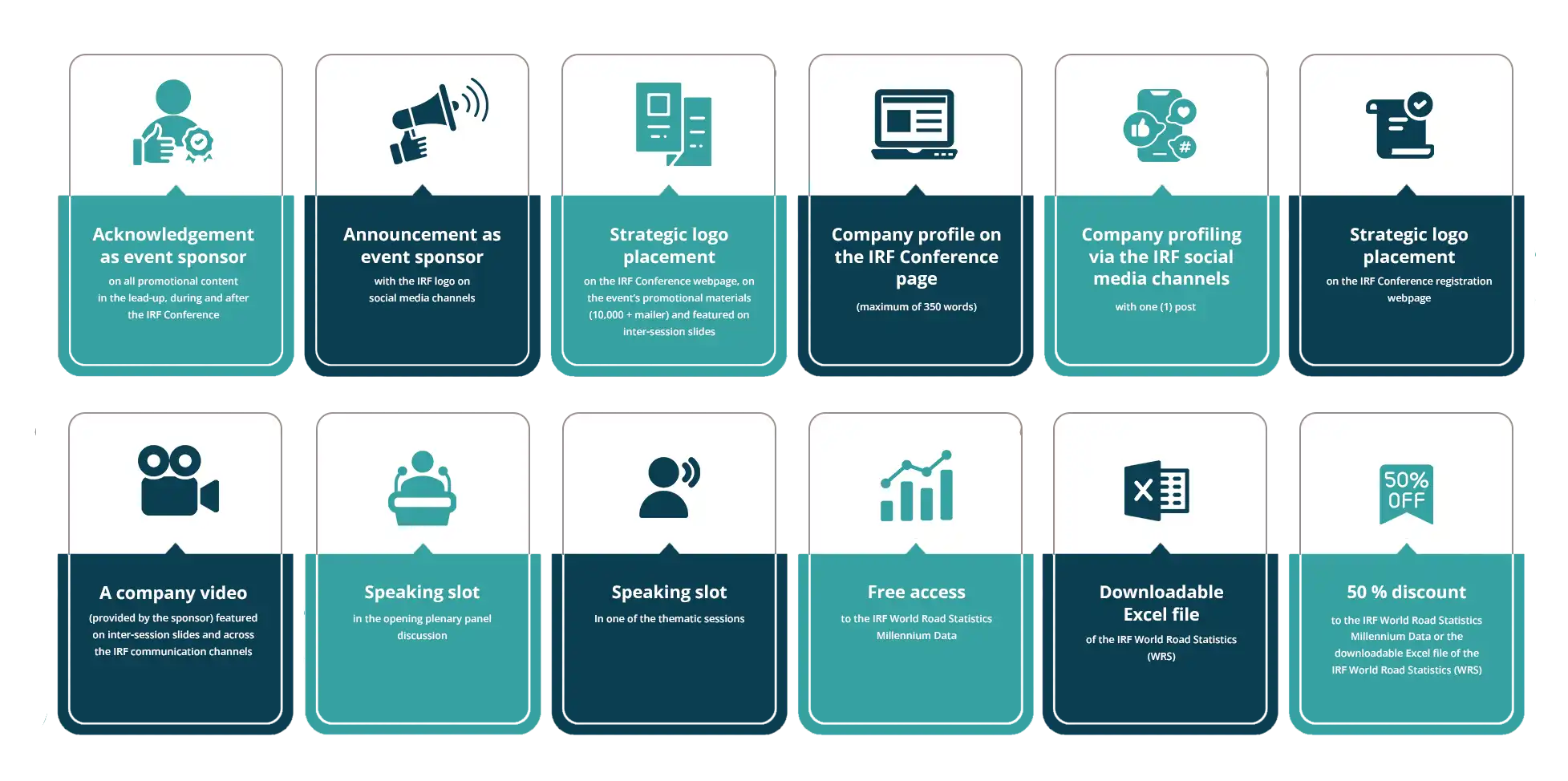

IRF 2025 Annual Conference
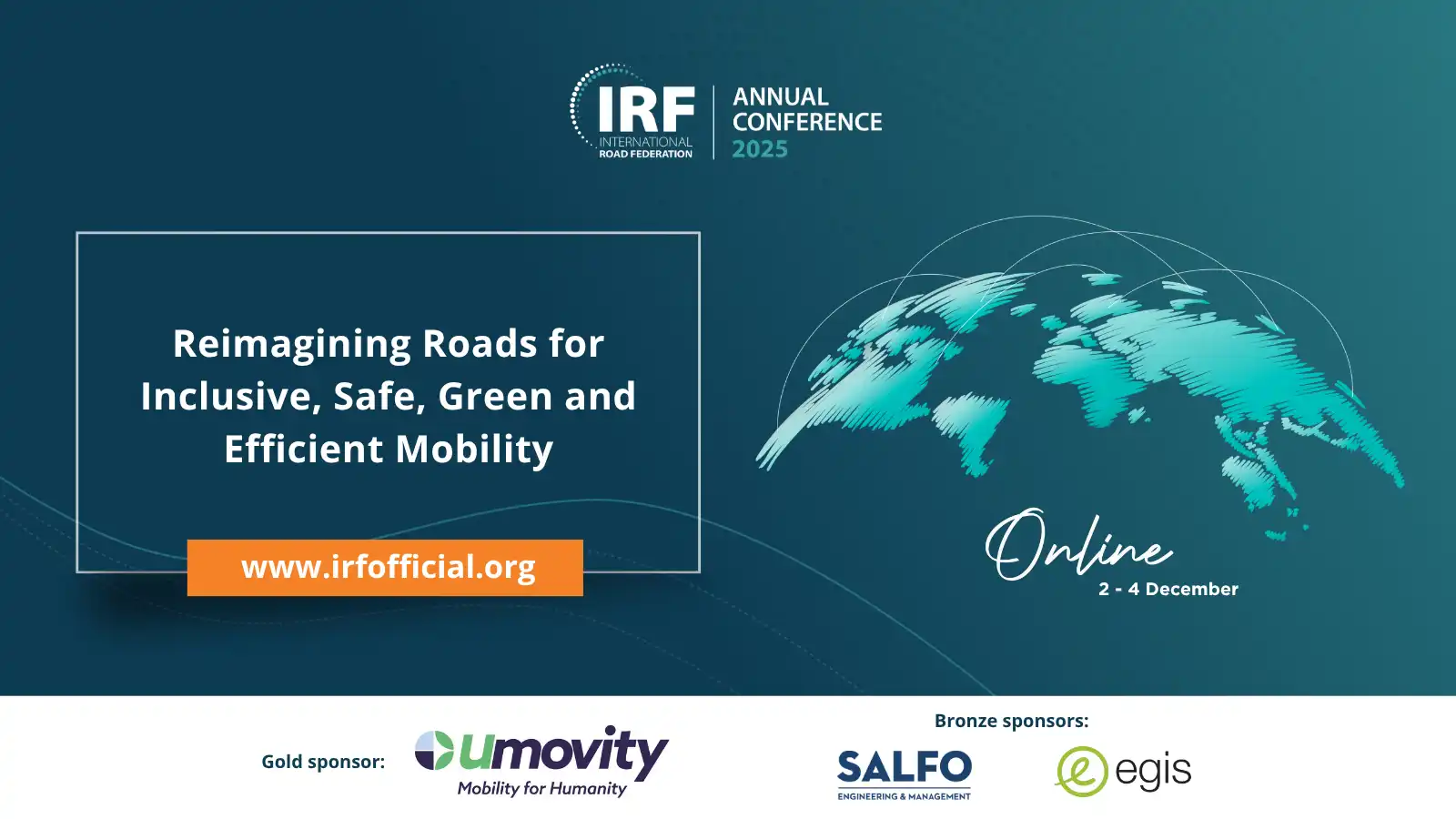
About the event
The IRF 2025 Annual Conference will be held this year on 2-4 December as a 3-day online experience, gathering experts from the sector from all over the world. With the theme “Reimagining Roads for Inclusive, Safe, Green and Efficient Mobility”, the Conference brings IRF members and partners together each year to share knowledge, spark practical solutions and drive transformative change in how mobility systems are designed, managed, and experienced.
For more details about the Annual Conference by clicking on the relevant sections:
The Conference provides a platform for global, multi-stakeholder dialogues that tackle the most pressing challenges and opportunities in sustainable transport. The programme will conclude with pitches from the IRF Start-up Label finalists and the announcement of the 2025 winner.
The IRF 2025 Annual Conference will bring together leaders and experts to explore how road systems can drive sustainable development in line with global goals. Sessions will highlight the role of roads in enabling equitable access, improving safety and public health and supporting resilience in the face of climate and operational challenges. Discussions will also focus on making cities more efficient, integrating digital and automated technologies and embedding sustainability across the entire road value chain.
As the backbone of global mobility, roads connect people, economies and opportunities. Yet the road sector now stands at a pivotal moment where the choices made today will determine whether transport systems become enablers of sustainable development or barriers to it.
This opening plenary sets the tone for the Conference by reimagining how road infrastructure can deliver on the promise of the UN Decade of Sustainable Transport (2026–2036). It will explore how roads can act not only as conduits for movement but also as catalysts for climate action, resilience, social inclusion, and economic transformation — advancing both the Sustainable Development Goals (SDGs) and the Paris Agreement.
As a “departure point” from the Decade’s launch on 10 December 2025, this session will feature key stakeholders from the road sector to reflect on what the Decade means for their mandates and commitments. Discussions will focus on how to scale up financing, innovation, and partnerships to turn the Decade’s vision into practical outcomes on the ground.
This session sets the tone for the Conference by highlighting how road infrastructure can be a driver of equity and inclusion—enabling access to education, healthcare, livelihoods, and social participation for all. It will examine how roads can be reimagined as enablers of opportunity and social justice and how equitable design approaches can help close access gaps across geographies and social groups.
Roads are not just conduits for vehicles; they are lifelines that enable access to education, healthcare, jobs, and social participation. Equitable road systems ensure that both rural and urban populations, including women, children, persons with disabilities, and other vulnerable groups, can travel safely, affordably and with dignity.
Cities depend on roads to keep people and goods moving, but rapid urbanisation has stretched many networks to their limits. Smarter urban road mobility is about designing systems that manage demand, ease congestion, and make space work harder across multiple modes. Dedicated bus rapid transit lanes, traffic management tools, and digital innovations can unlock capacity and keep cities moving efficiently.
This session will explore how urban road networks and services are being reshaped to meet rising demand while minimising congestion and inefficiency. It will highlight lessons on integrating roads with public transport systems, allocating road space for high-capacity modes and applying technology and policy levers to better manage traffic. The discussion will emphasise roads not just as infrastructure, but as dynamic systems that can help cities function more smoothly, sustainably, and reliably.
Roads are at the heart of one of the most pressing public health challenges of our time. Each year, road traffic crashes claim over 1.2 million lives and injure millions more, disproportionately affecting young people and vulnerable users such as pedestrians and cyclists. At the same time, road transport is a major contributor to urban air pollution, linked to respiratory diseases, cardiovascular illness, and premature deaths. The intersection of safety and public health shows that how we design, manage, and use roads directly shapes the wellbeing of people and communities.
This session will examine how safer and healthier roads can be achieved through integrated approaches that combine infrastructure planning and design, speed management, and better enforcement and education. It will highlight how investments in safe road systems also yield co-benefits impacting vulnerable groups — children, women, and those in low-income communities — requiring us to rethink where we prioritize investments. By linking road safety and public health, the discussion will underscore the urgent need for a holistic approach that makes roads a driver of wellbeing for both people and the planet.
The Young Professionals Summit serves as a dynamic platform to connect emerging leaders in the transport and road sectors with IRF’s global community of road actors. It will highlight the crucial role of youth in shaping sustainable road systems and dive into how the road sector can evolve to align more closely with the values and aspirations of young professionals.
Made up of emerging experts, the conversation explores themes such as innovation, technology and innovations for the future of road systems and purpose-driven careers, as well as the skills and mentorship needed to thrive in a rapidly transforming transport landscape.
Roads are expected to keep communities and economies connected no matter what disruptions come their way — from floods and heatwaves to traffic surges, funding shortfalls, or sudden operational shocks. Building resilient roads means thinking not only about strong infrastructure, but also about smart operations, reliable financing, and climate readiness. Structural resilience ensures roads are designed and built with durable standards and materials. Operational resilience keeps traffic flowing during crises through redundancy and intelligent systems. Economic and financial resilience helps sustain maintenance and services even in tough times, while climate resilience prepares networks for the growing risks of extreme weather.
This session will explore how these dimensions of resilience come together across the lifecycle of road systems. It will highlight practical approaches — from engineering innovations to new financing models — that can help road networks withstand shocks, recover faster, and deliver reliable mobility under changing conditions.
Digitalisation is reshaping how roads are built, managed, and used — opening the way for vehicles, infrastructure, and people to be seamlessly connected. From vehicle-to everything (V2X) communication and AI-enabled traffic management to automation and data-driven mobility services, Cooperative, Connected and Automated Mobility (CCAM) represents the frontier of road innovation. These technologies have the potential to improve safety, reduce congestion, and make road systems more efficient, but they also raise new questions about investment, interoperability and public acceptance.
This session will look ahead to how CCAM can transform the road sector in the coming decade. It will explore how digital tools and automation are evolving, what opportunities they bring for smarter and safer mobility, and how governments, industry, and cities can prepare for rapid technological change.
By focusing on the road sector’s role in shaping and governing these innovations, the discussion will highlight how roads can evolve alongside the world’s new tech to deliver more connected, cooperative, and sustainable mobility systems.
The road value chain spans the full lifecycle of road infrastructure, encompassing planning and design, financing and procurement, construction and materials, operation and maintenance, logistics and services, technology and innovation, and end-of-life management. It begins with governments, engineers, and consultants shaping feasibility studies and standards; continues through financing by public, private, and multilateral actors; and moves into construction and the sourcing of key materials.
Once built, roads rely on agencies, operators, and SMEs to manage traffic and maintain assets, while also enabling freight and passenger services critical to daily mobility and commerce. Increasingly, digital solutions, automation, and data platforms are transforming operations, and circular practices — such as recycling asphalt and reusing aggregates — are redefining how roads are managed over their lifespan.
This session will explore how to embed sustainability across every stage of the road value chain. It will examine how procurement and financing models can incentivise greener practices, how innovation and circular approaches can reduce environmental impacts, and how the transition can create fair, future-ready jobs. The discussion will highlight practical ways to strengthen local industries, make supply chains more resilient, and ensure road investments deliver long-term value for people, economies, and the planet.
The closing session will zoom out from the detailed discussions of the past days to bring all themes together into a bigger sustainability story for roads. The session will ask: What do we do with all this?
The discussion will build continuity by linking the conference to IRF’s expected outcomes in the year ahead under the framework of its new 5-year strategy.
The programme opens with a plenary session on Reimagining Roads for the Decade Ahead, setting the stage for discussions on inclusive access, resilient infrastructure, and the role of roads in advancing sustainability and well-being. The Young Professionals Summit highlights the perspectives and innovations of the next generation of transport leaders.
Sessions will delve into key themes such as digitalisation, automation, sustainable delivery mechanisms, smarter cities and the intersection of health, safety, and mobility. The event will conclude with the IRF Start-Up Label session, showcasing forward-looking ideas that are shaping what’s next for roads and mobility.
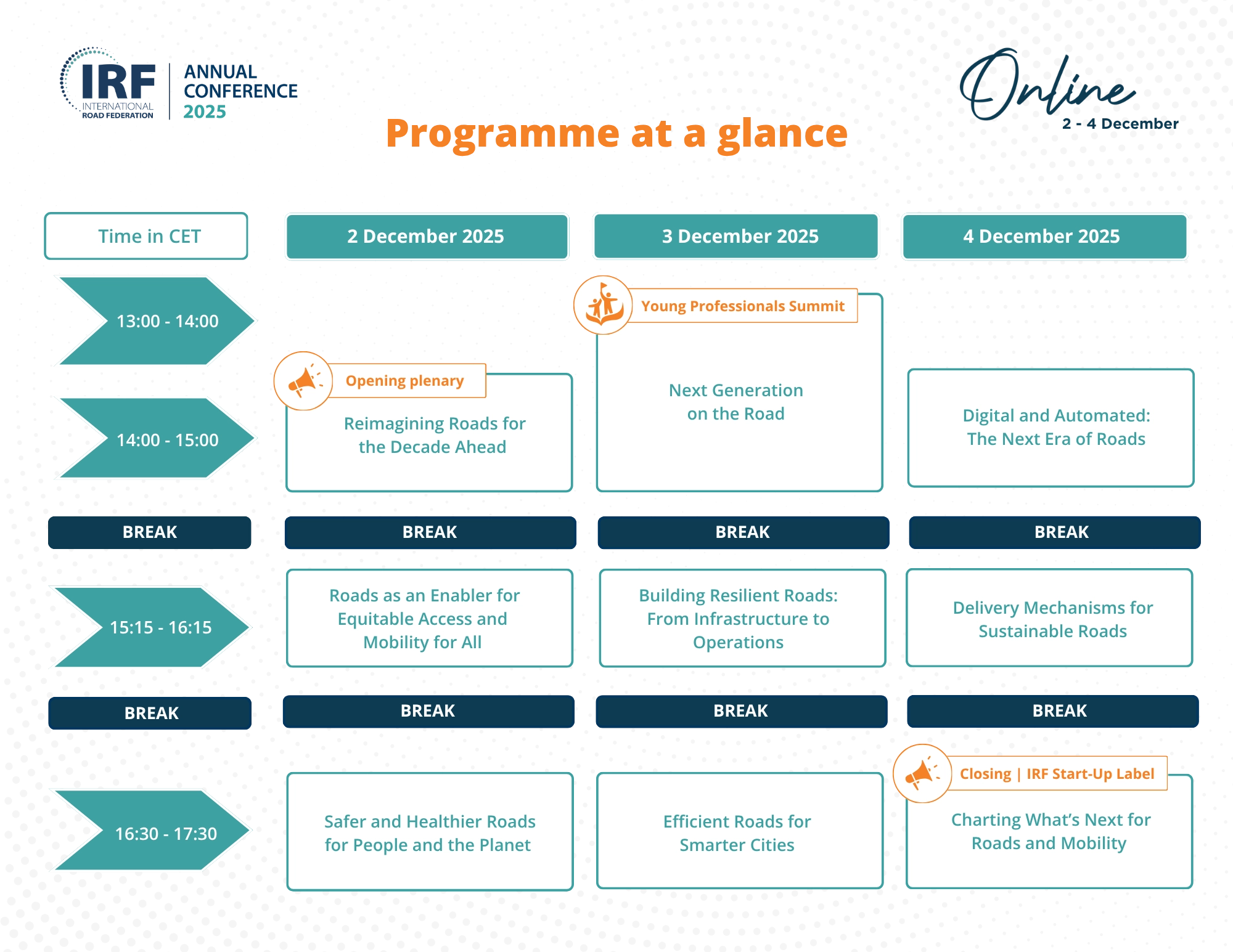

Umovity, established through the combination of PTV Group and Econolite, is a globally leading platform for Intelligent Transportation Systems and mobility technology. With uniquely integrated capabilities across software, hardware and field services, Umovity delivers end-to-end mobility solutions to cities and regions worldwide.
Its portfolio includes software for traffic planning, simulation and real-time traffic management, alongside advanced traffic hardware such as controllers, cabinets and sensors. By uniting these capabilities, Umovity empowers communities to build safer, smarter and more sustainable mobility systems. For more information, visit www.umovity.com.
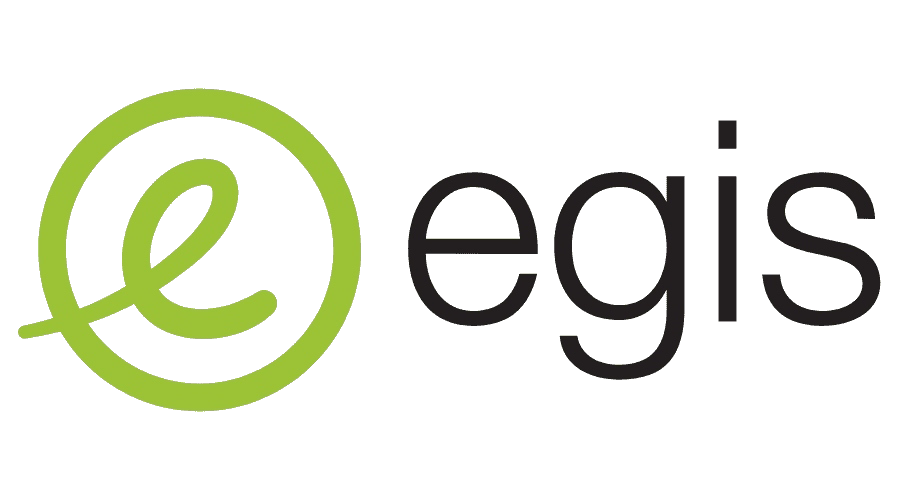
Egis collaborates with industry leaders and innovators to explore the impact of new transport modes, technology and climate change on road networks. With technical expertise and a proven track record, Egis can deliver complex projects on time and within budget.
With over 4,500 kilometres of motorway operated around the world, Egis is well placed to provide valuable insights into the challenges and opportunities the community faces. Whether the challenge involves connecting cities, maintaining complex infrastructure or collecting tolls, Egis looks to meet the current needs of stakeholders while preparing for tomorrow’s challenges.
For more information, visit www.egis-group.com.
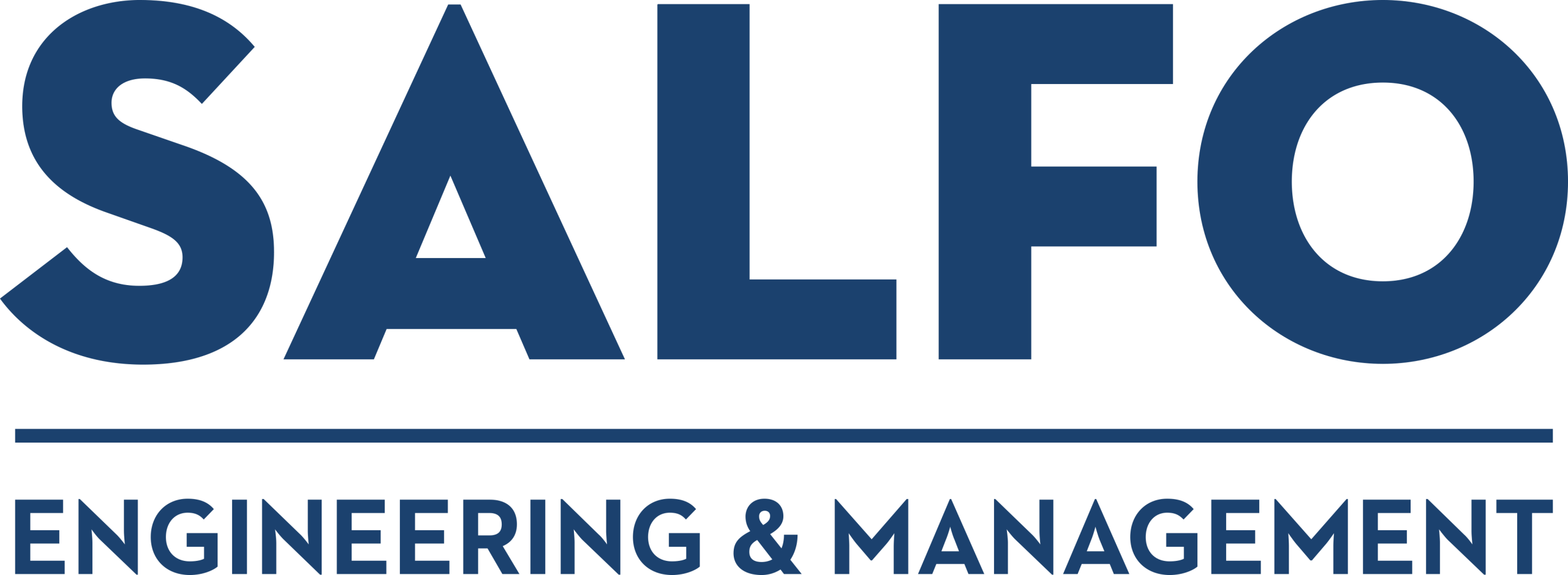
SALFO is an internationally renowned Engineering and Management Consulting firm, providing cutting-edge expertise in road design and transportation.
For over 30 years, SALFO has been a leader in Greece and expanded its global reach. Transportation projects are at the heart of our business, with more than 2,500 kilometers of motorways successfully completed, as well as various rail and metro projects in GCC and internationally.
SALFO operates as Lead Designers, Design Reviewers, Independent Engineers, and Technical Advisors. Its services also encompass Value Engineering, Project Management and Construction Supervision.
With a presence in the Kingdom of Saudi Arabia spanning over 12 years, SALFO has further demonstrated its expertise in highly specialised projects, including the establishment of the National Road Safety Center in Saudi Arabia and the development of the New Saudi Highway Code Manual for the Ministry of Transport.
For more information, visit /salfo.gr/.
Details
- Start:
- December 2
- End:
- December 4
- Event Categories:
- Event, Other Road Related Events
- Website:
- www.irfofficial.org
Venue
- online
